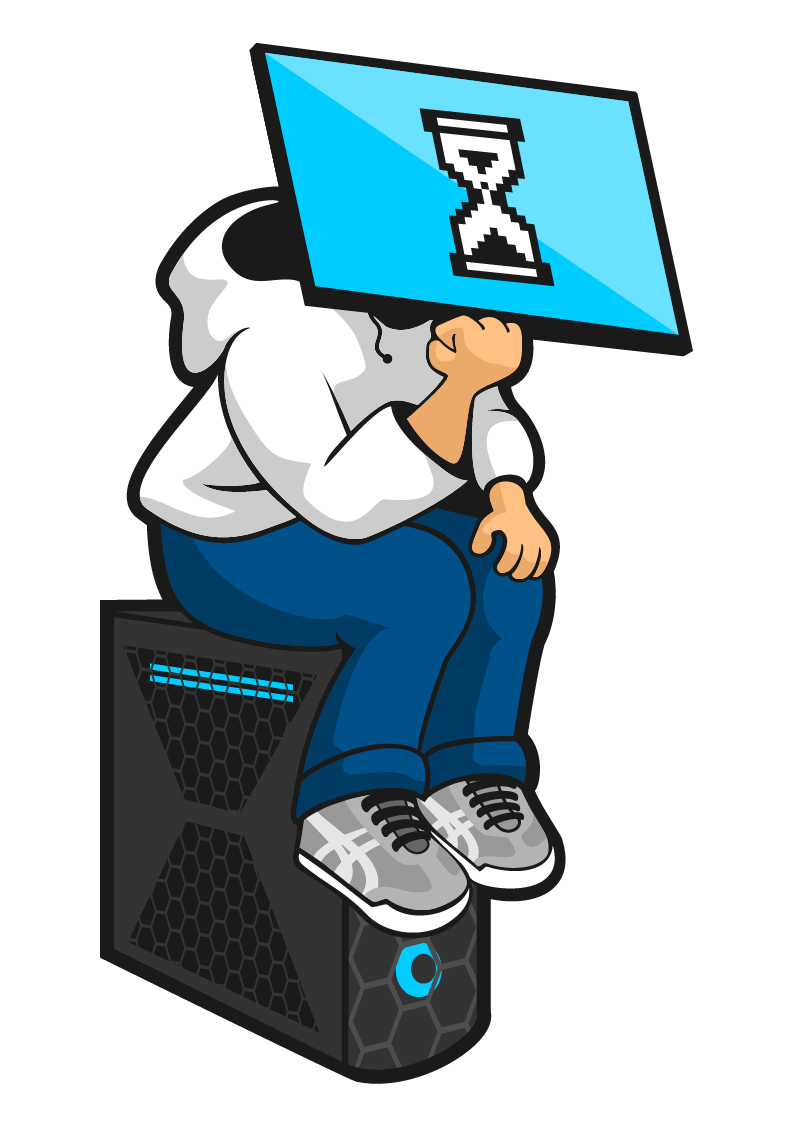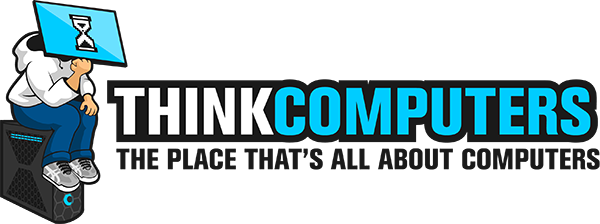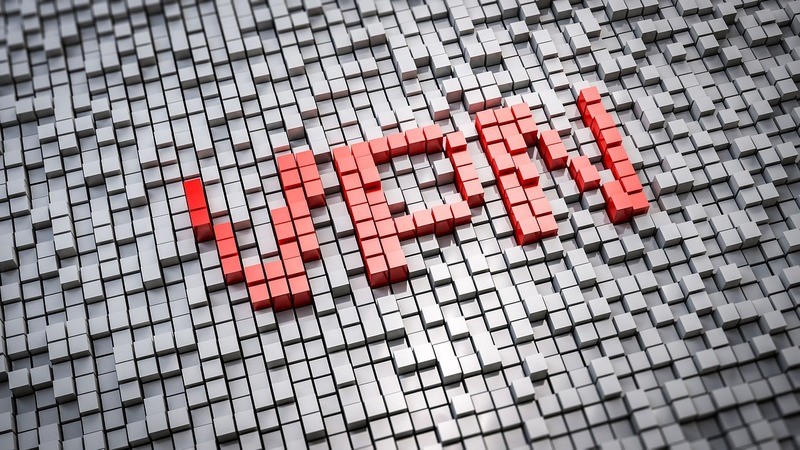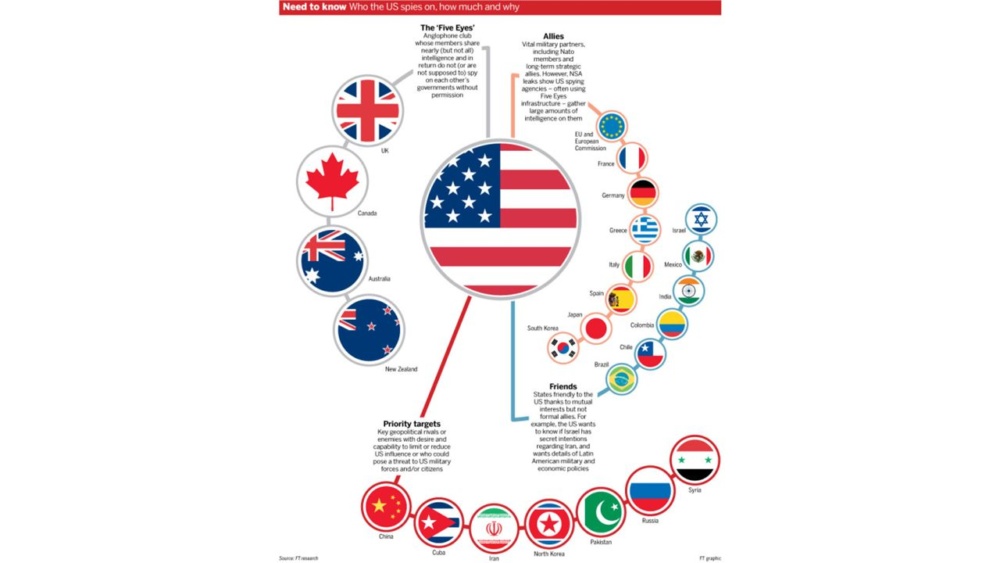Canada is a country that is seen by many as a beacon of freedom around the world. Access to information is almost unrestricted in this North American country. Still, many Canadians choose to use a VPN. There are a number of good reasons why they do this and a number of good reasons why you as a Canadian may want to consider doing the same.
Access Geo-Restricted Material
Streaming services are very popular in Canada. While Canadians do enjoy the programs created and produced in their own country, they are also keenly interested in programs produced in the United States, Great Britain, and around the world. Many Canadians will use their VPN to gain access to US content on sites like Netflix, Amazon Prime, and Hulu.
The other side to this equation is Canadian residents who live outside of their home country and who long for Canadian football, hockey games, and Canadian programming. They want to watch CBC, Shomi, and TSN. Using a Canadian VPN gives them access to this programming wherever they are and whatever they feel like it. This is especially important after the recent massive crackdown by Netflix.
Getting around Blackout Restrictions
Do you love sports? If so, you know how irritating it can be to not be able to watch your favorite baseball or hockey games because of blackouts. Certain broadcasters may determine that a particular hockey game needs to be blacked out in a certain geographical area. You simply need to connect to a server in an area where the game is being shown and you will be able to watch it. The nice thing about Canada is that it is a large country, so most VPN providers have a number of servers located in different areas around the country.
Protecting Their Privacy
When Ed Snowden showed the world how extensive the United States’ Internet spying apparatus was and virtually unmasked the Five Eyes, Canadians had a wake-up call. They became very concerned about their digital privacy.
What many Canadians learned for the first time is that much of their private data travels through servers that are located in the United States. When this data is routed through the US, Canadian residents are not protected by Canadian privacy laws. Instead, they’ve opened themselves up to be monitored and spied on by spy agencies in the United States.
Many are surprised to learn that some of the more popular social media sites, including Facebook And Twitter as well as a number of cloud storage services are physically located in the United States. This means that any files that are transmitted or files that are stored on the servers face a surveillance risk.
Canadian intelligence agencies are not innocent when it comes to spying on their citizens and others. In recent years, information has come to light on how Canada’s intelligence agencies have used domestic metadata programs that are shrouded in secrecy. The Canadian government seem less lenient when it comes to granting warrants to access their citizen’s private data. All of this is concerning and has led to more Canadians opting to use VPNs.
The Risk of Not Using a VPN
Think for a moment about how much personal information you transmit over the Internet every day. If you do not use a VPN, a good portion of that information is being transmitted in an insecure manner. How does that make you feel? Scared? Worried? These feelings are reasonable because as we’ve already mentioned, there are a number of forces working against your privacy, including, in some instances, your own government.
When you use a VPN, you are creating an encrypted tunnel between you and a server located in a remote location run by the VPN service. All of your Internet traffic goes through that encrypted tunnel, so prying eyes cannot see it. Additionally, your computer seems to have the IP address of the VPN server. This means that your identity and your location are completely hidden.
After your information reaches the VPN server, it is transmitted on to the public Internet. If this information was intercepted, it really doesn’t matter because it would be difficult, if not impossible, to trace it back to you because it looks like the information is coming from the VPN server and not your computer.
You can think about it like this, imagine that you are at the airport using the public Wi-Fi. Out of habit, you connect to the network without thinking about it. But do you know who is monitoring the traffic? Are you 100 percent sure that the Wi-Fi network is legitimate? It could be operated by an identity thief looking to mine your personal data.
Now, think about all of the things you check online while waiting for a plane at the airport. You check your social media, email, bank account, and maybe your credit card accounts among many other private things. All of this information is being transmitted openly if you do not use a VPN.
Or you could connect to that same public Wi-Fi network at the airport using the a VPN. But now you know that no one else is going to be able to intercept your data. This includes those who operate the network.
How about you? Do you use VPN at home or when connecting to a public Wi-Fi network? If so, we would love to hear about your experiences in the comment section.



